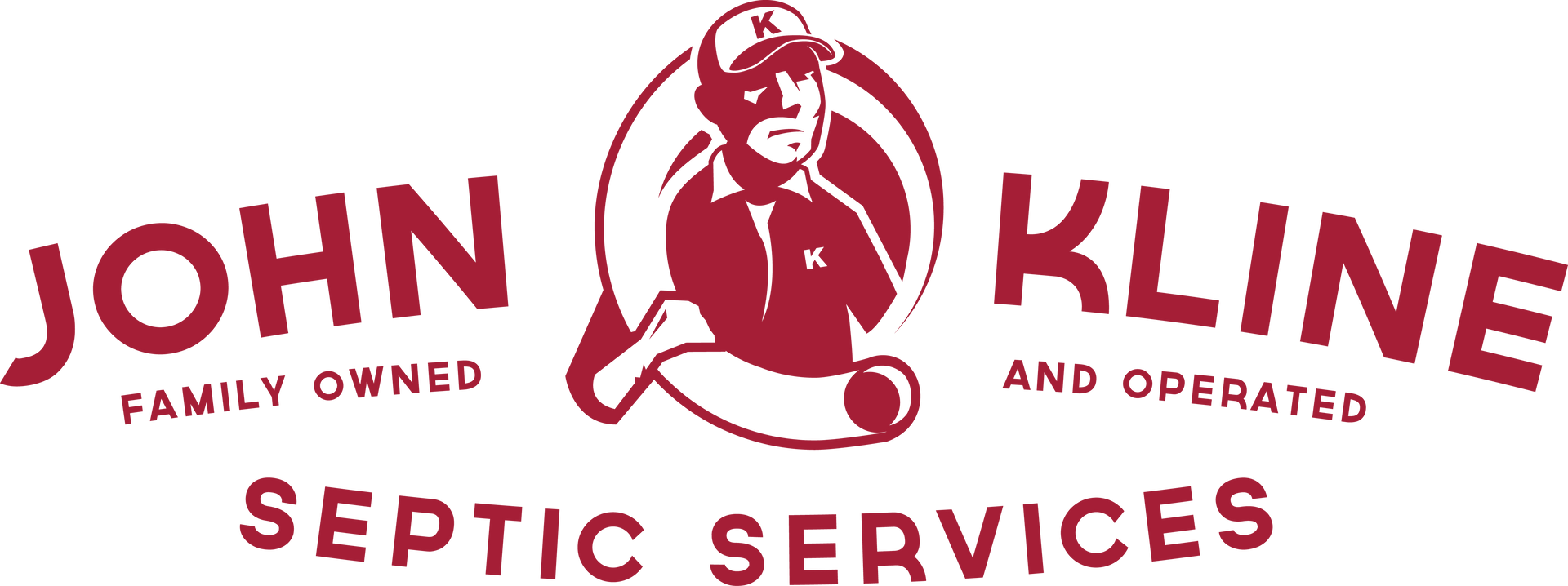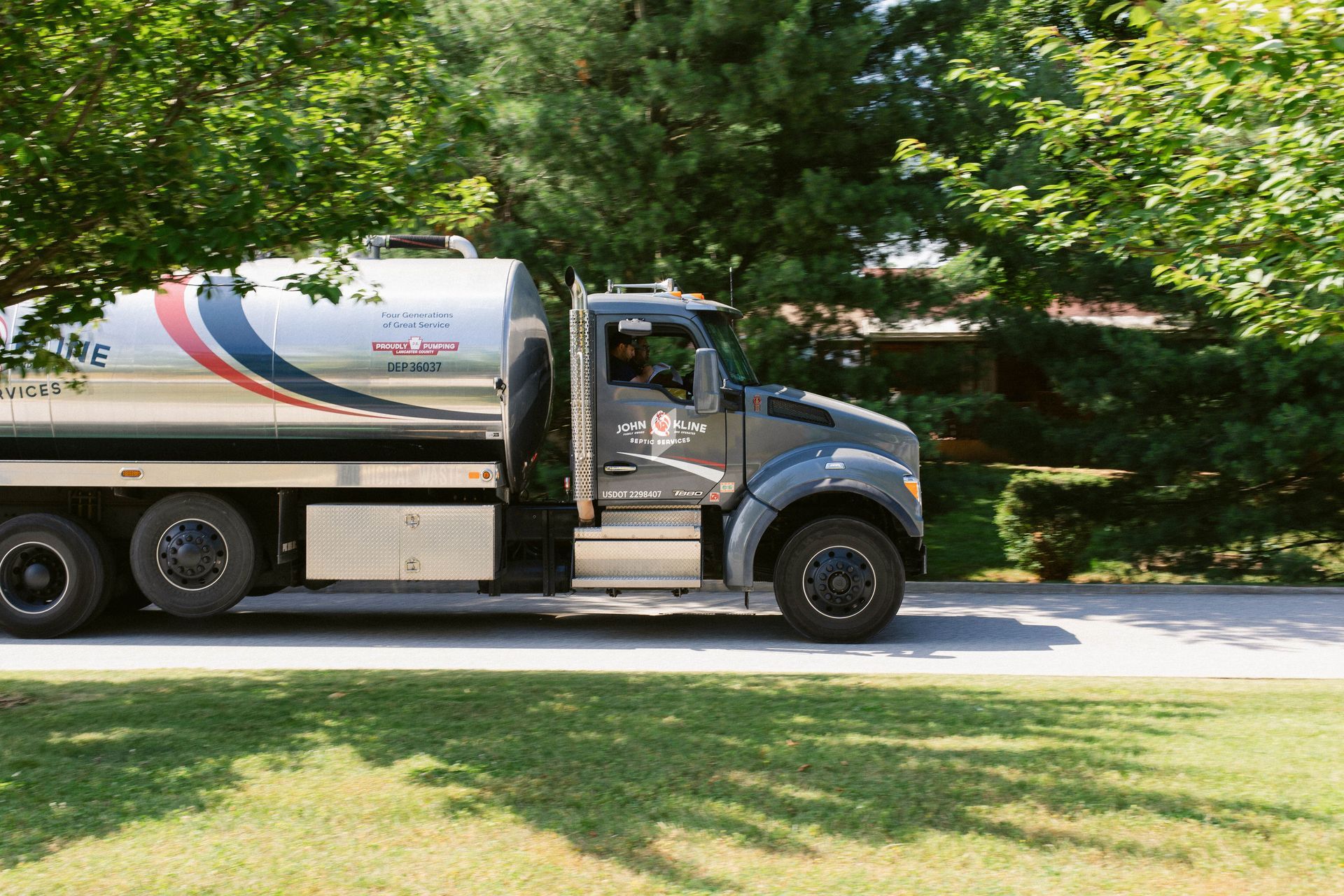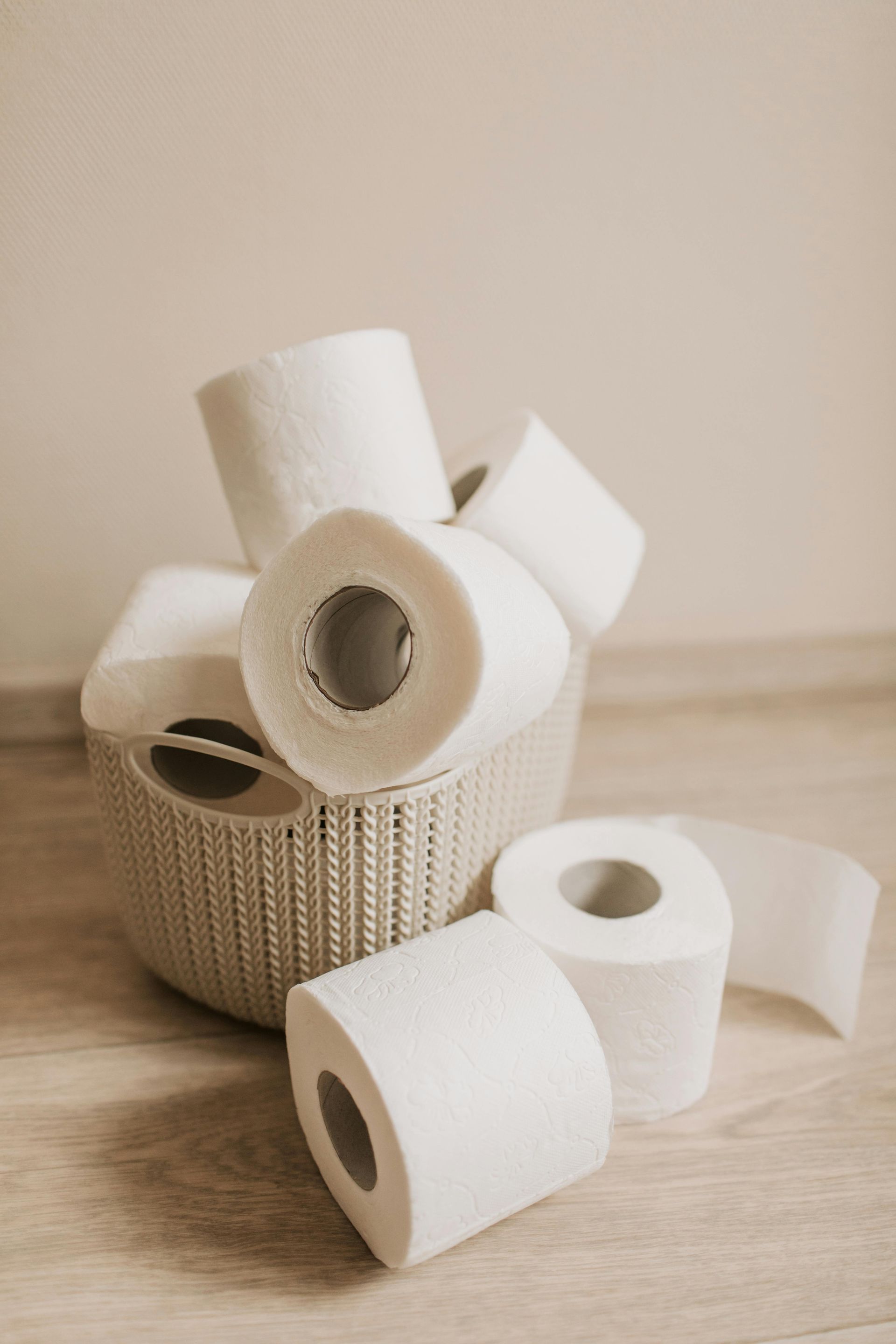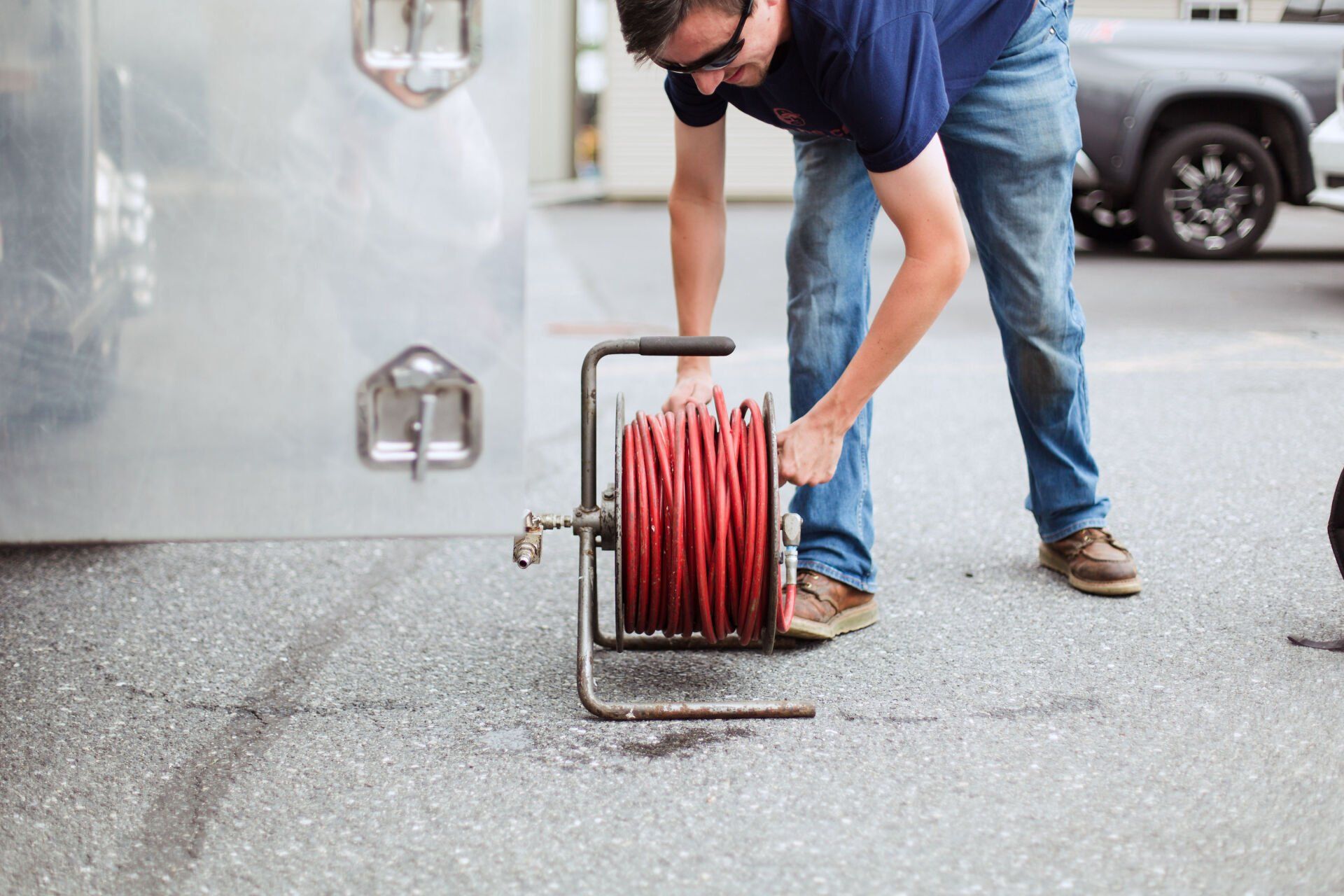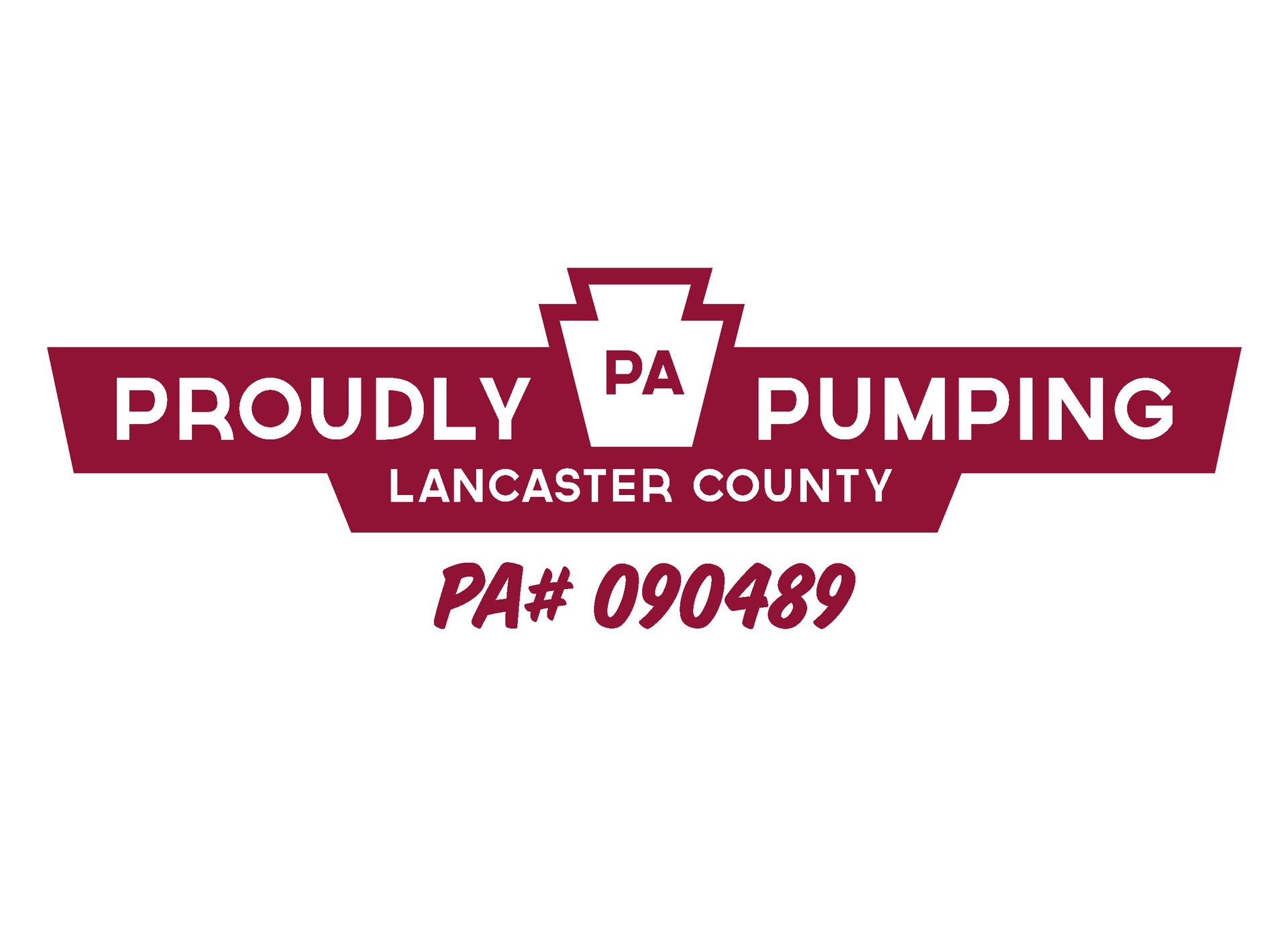Garbage Disposals & Your Septic System
Can you use a garbage disposal if you have a septic system?
If you have a septic system, you
can have a garbage disposal, but you'll need to use it sparingly. Most people who live in town on public sewer don't give their garbage disposal a second thought, because the city pays for all maintenance. With a septic tank, however, any problems that arise are your responsibility. For the sake of your septic system, (AND your wallet) we recommend you take extra precaution if your home has a garbage disposal. Keep reading for a complete list of garbage disposal "dos" and "don'ts" from our septic experts.
Do:
- Use cold water when you grind food. Cold water will cause any grease or oils to solidify so that they can be chopped.
- Pour a little dish soap inside the disposal after washing dishes, run for about a minute with some cold water.
- Run your disposal regularly. Frequent use helps prevent rust and corrosion.
- Grind hard materials such as small chicken or fish bones. These create a scouring action inside the grind chamber that will help clean the garbage disposal’s walls.
Don’t:
- Do not put anything in the garbage disposal that is not a biodegradable food. When in doubt, throw it out!
- Don’t use hot water when grinding food waste. It will cause oils to liquify and accumulate somewhere in your disposal or down your drain, causing clogs.
- Don’t turn off the motor or water until grinding is complete. Let the water run at least 15 seconds after the grinding is completed.
- Don’t grind fibrous materials like corn husks, celery stalks, onion skins or artichokes. The fibers from these can get tangled and jam your disposal's motor.
- Do not pour oil, fat or grease into the disposal (or your drain!). Even though cold water will help it to solidify, it will slowly accumulate, clog drains and even hinder your disposal’s grinding ability.
- Don’t put large amounts of food down the disposal. Throw them in the trash!
- Don’t put expandable foods like rice or pasta into your disposal. They might seem small, but when added to the water of your drains, they will expand and can cause jams or clogs.
- Don’t use coffee grounds. Grounds will accumulate, and what starts small will build up and cause clogs.
- Don’t grind glass, plastic, metal, paper, anything combustible or even cigarette butts. If we just mentioned it, it's because someone’s been dumb enough to do it!
There are obviously a lot more "don'ts" than there are "dos" when it comes to a garbage disposal. Backups and clogs can be costly, so if you want to use the disposal, take caution. To help your septic tank break down solids and food waste, invest in an affordable monthly product like Bio Active. Ask us to bring you a sample at your next septic service. We sell Bio Active because it's a product we trust and we've seen how much it can help. To learn more about it,
click here. Need to schedule service? Contact us today. We provide reliable
septic and grease trap maintenance in Central Pa and the surrounding areas.
